In the Morning a Capitalist, in the Evening a Socialist?
You Are Right, But Still…
1 hr 16 min
Women's Mishpatim Class
- February 18, 2020
- |
- 23 Sh'vat 5780
Rabbi YY Jacobson
2481 views- 7Comment
- Call-in
Listen to the class on the phone
Call +1 (845) 201-1933
When prompted, dial the ID number below.
7372 MP3 MP4 - Copy Embed
Dedicated in loving memory of Luba Alta Toyba bas Reb Ezriel Chaim Baruch Sholom Lipsker, in honor of her yartzeit 25 Shevat
Class Summary:
This class was presented on Tuesday Parshas Mishpatim, 23 Shevat, 5780, February 18, 2020 at the Ohr Chaim Shul, Monsey, NY
Women's Mishpatim Class
Rabbi YY Jacobson
- February 18, 2020
- |
- 23 Sh'vat 5780
- |
- 2481 views
Dedicated in loving memory of Luba Alta Toyba bas Reb Ezriel Chaim Baruch Sholom Lipsker, in honor of her yartzeit 25 Shevat
Related Classes
Please help us continue our work
Sign up to receive latest content by Rabbi YY
Join our WhatsApp Community
Join our WhatsApp Community






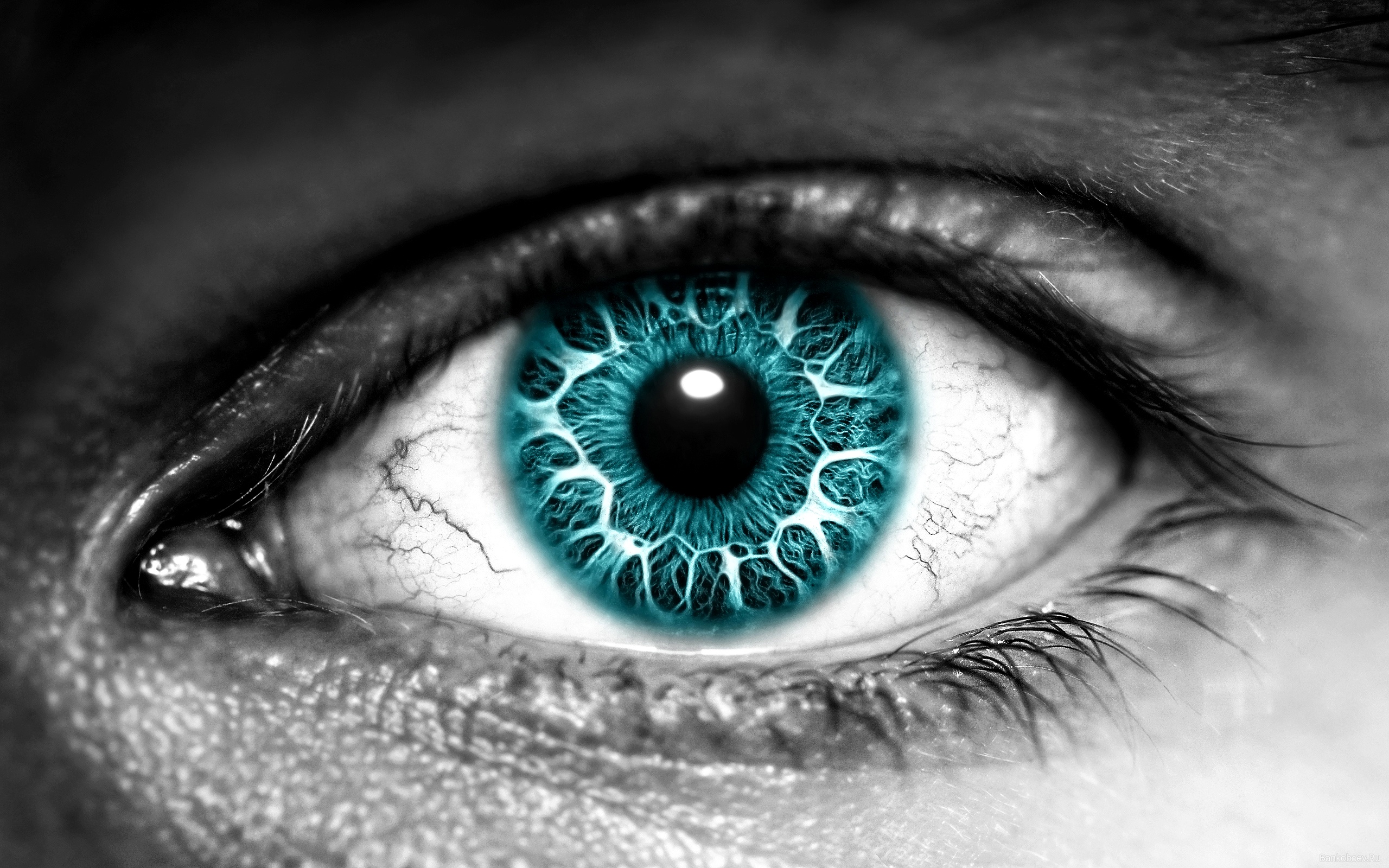
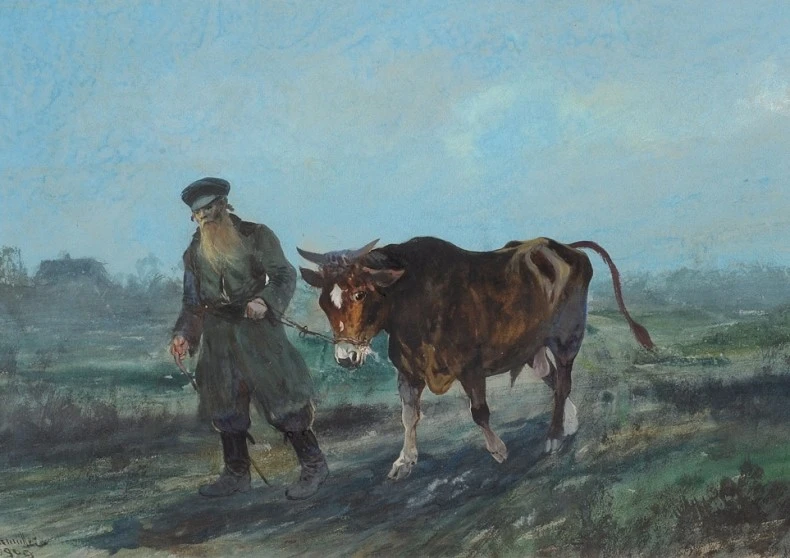
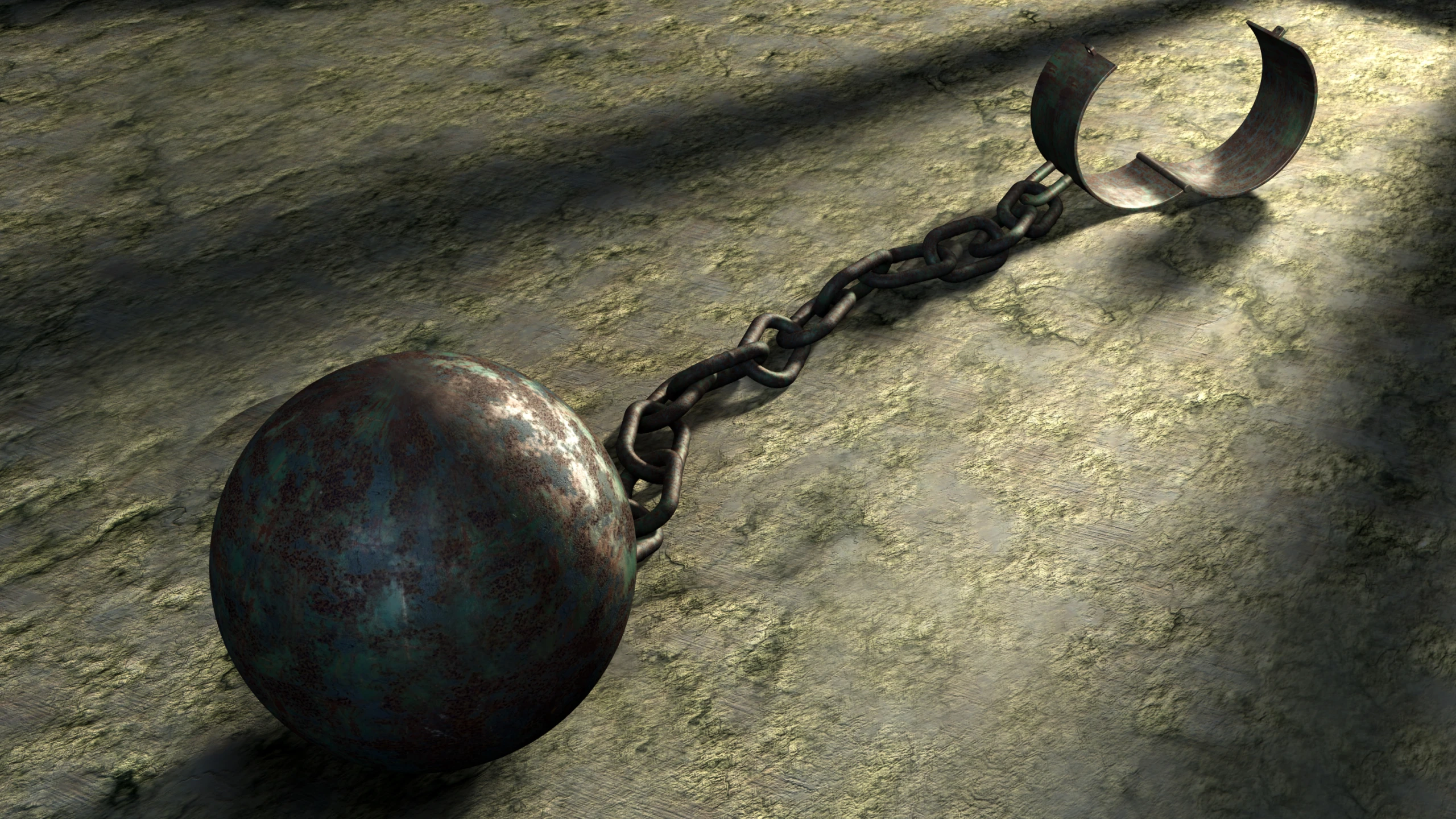
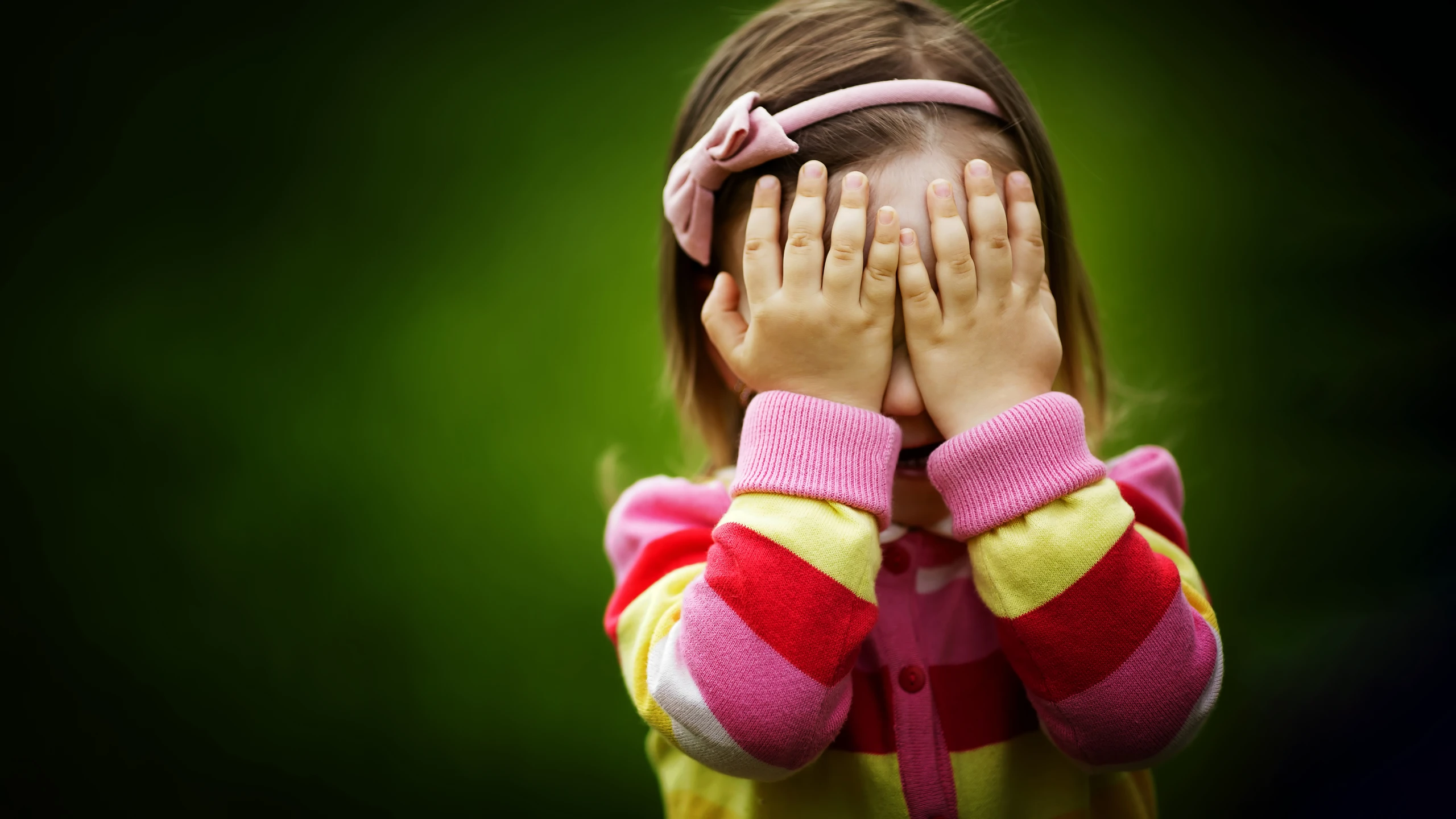
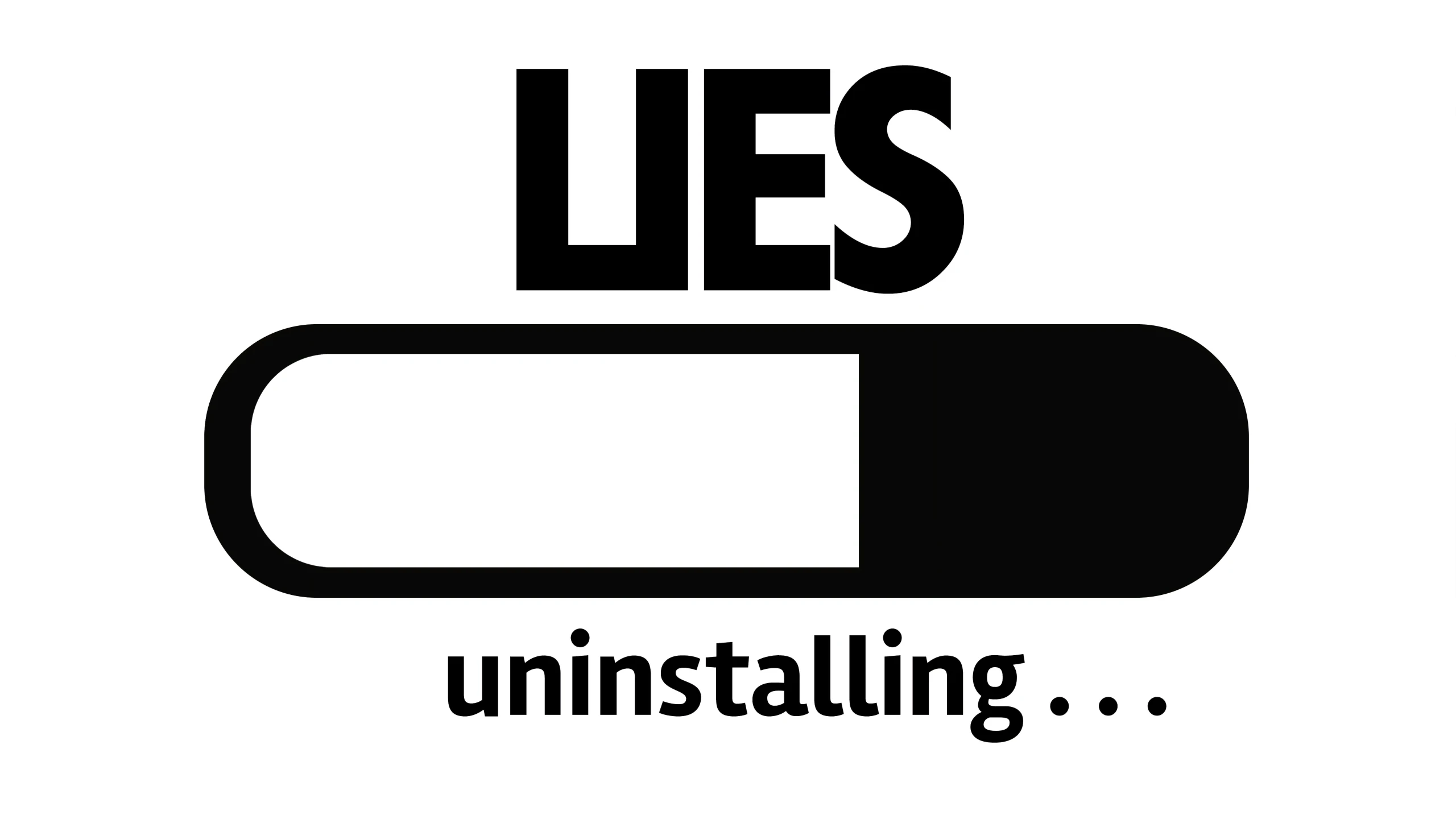
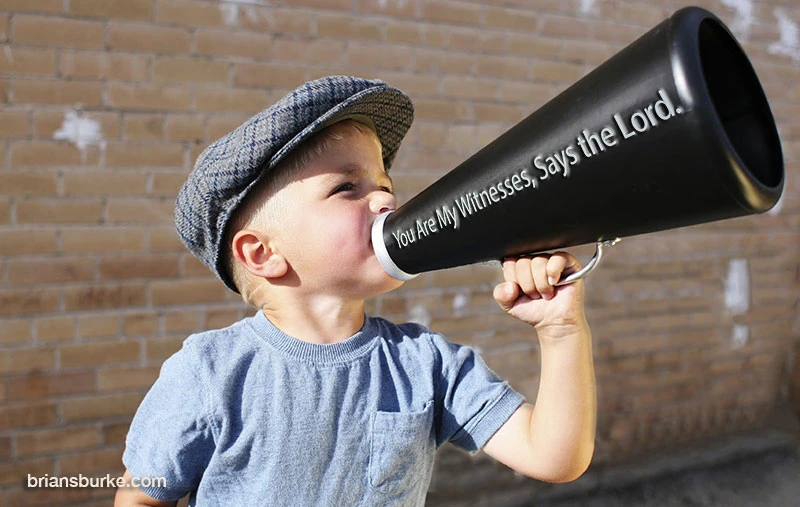

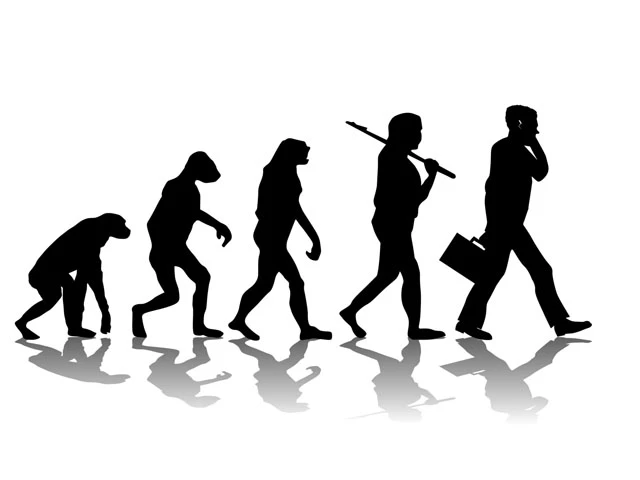
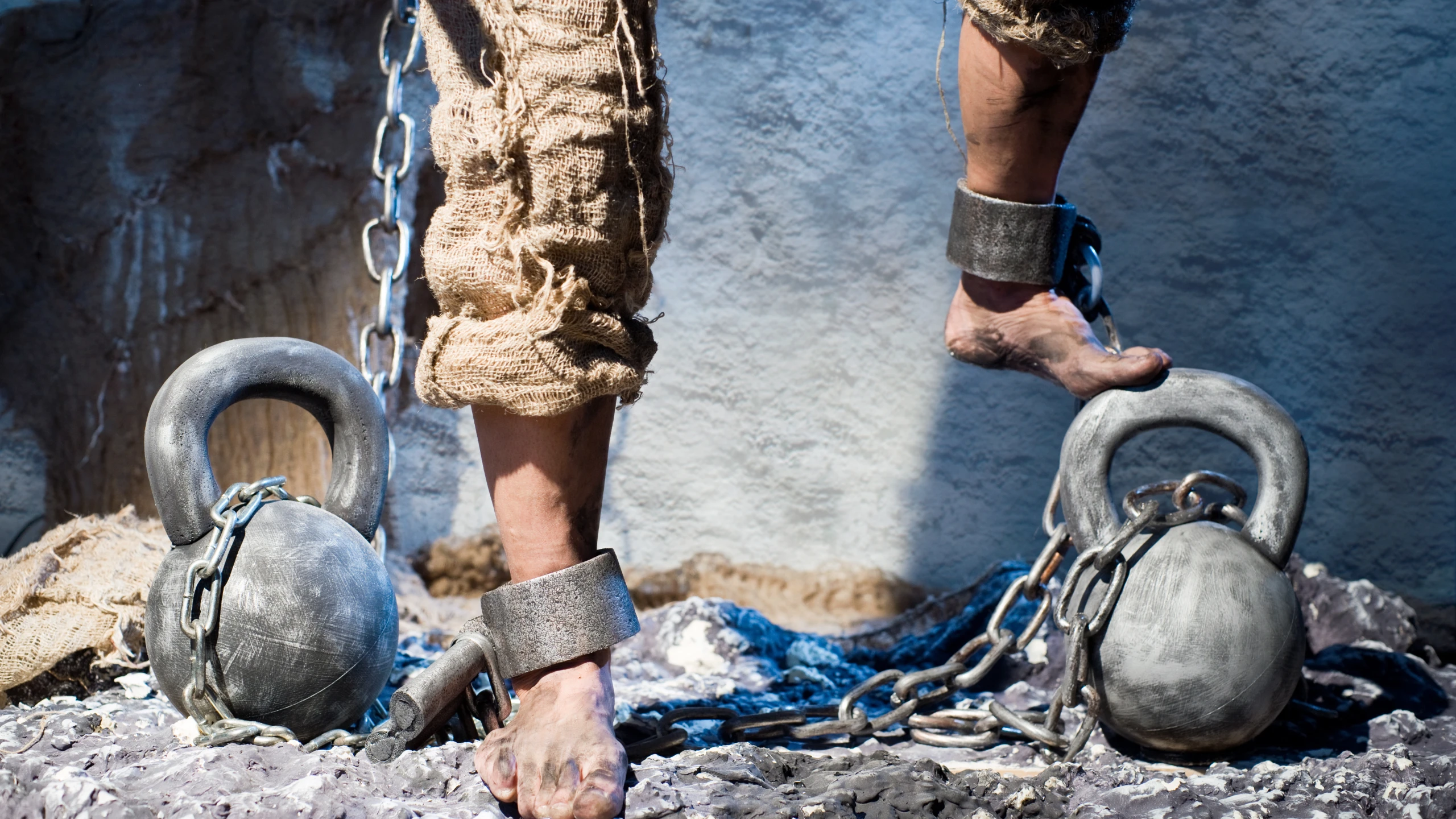
Please leave your comment below!
yitzchak gershovitz -1 year ago
source page?
Reply to this comment.Flag this comment.
boruch -4 years ago
Question
I listened to your shiur on mishpotim where you were frustrated with the laws of משכון. I would like to point out that the law of returning משכון each night i generaly before חוב is due .I'm sure you know this but didn't come out that way.
Reply to this comment.Flag this comment.
Anonymous -4 years ago
Reply to this comment.Flag this comment.
Anonymous -5 years ago
The link is broken no download, what happened?
The link is broken
Reply to this comment.Flag this comment.
WWW.KabbalahWisdom.Org -5 years ago
Great class! however socialism is about abusing capitalist, not about kindness (perhaps a better word, at night a... philanthropist).
Reply to this comment.Flag this comment.
Rochelle -5 years ago
A beautiful, beautiful class. My take away of today’s class:
We never just worship the god of truth. In the name of truth the worst atrocities in history were committed.
There is a process: We start first with the God of Abraham (chesed, connecting to the human truth, not my truth), then the God of Yitzchok, (we need boundaries to protect justice and chesed to make sure they are expressing truth) and then the God of Yakov(truth). Only after working through the first 2 stages we can hope to find real truth, Divine truth.
In the third stage I’m able to touch a truth that has been infused first with chesed and yiraha. So it’s no longer a truth of my own narrow perspective, it becomes a much broader truth. In this passuk God teaches us that ultimate truth never stands on it’s own, it’s always a balance between justice and chesed.
Thank you so much.
Reply to this comment.Flag this comment.
Moshe -5 years ago
Yes, Rochelle. First comes chesed (Avraham) , but chesed alone means you give away everything. Then comes gevurah (Yitzchak), but gevurah alone is strict justice and Hashem already saw the world cannot exist on din alone (which of us are sin free?), and then comes the blend, the golden mean, Yakov, from whom karl Yisroel was built.
Reply to this comment.Flag this comment.
Moshe -5 years ago
Comments
1. The pikodin (pledged item) here was the bedding the borrower needs. What if it was an item not as needed like say, a snowblower in summer? Need to return it nightly? What if the borrower had a fancy watch, etc. The case of bedding is extreme. Other pikodins less extreme.
2. This shiur about tzedeka from the haves to others, ironically, took place in a tent, part of Ohr Chaim the monumental generous project of R. Lazer Sheiner.
3..The discussion of extreme capitalism ((Dickens' England, India today, etc.) where there are the extreme wealthy while others starve; and extreme communism or socialism shows the folly of either. As with many other things a blend of the two is the answer. That answer in Torah and also in mixed capitalism (capitalism with a safety net) of the west today.
4. The borrower who can't pay can complain to Hashem that "we're both human" can also apply to other areas where one owes another, e.g. where one has damaged the other and owes for the damage. Still he must pay. Both the one ehi owes and the one who is owed can say "we're both human, etc.." Both deserve empathy.
5. If you analyze the story of the lady across the street from R. Soleveichik, she is ALSO saying how he impacted HER, tho its a bit more remote, indirect and unbeknownst to him.
6. Mishpat and Tzedaka. American and other legal systems derived from Torah and from English law. The English system, which can still be seen today here, has a separate court for Law (strict legal decisions) and Equity where fairness rules. If someone put the title to their house in a relative's name and it goes sour, a Court of law says "too bad", but the Court of equity says "in reality the house belongs to the real owner and we disregard the official papers".
Reply to this comment.Flag this comment.
Moshe -5 years ago
Can I comment on my comment? I realized that, on point 5, who came to the Shiva house, that the Lubavitcher bocherim who came all the way to Brookline, had probably never interacted, benefitted and maybe never even saw R. Soleveichik. The fact that such bocherim could come from so far away, not from across the street, could have triggered those tears.
Reply to this comment.Flag this comment.
Sara -5 years ago
So at the end of the day, literally...
It's about empathy for the other person, regardless of any other conditions, except as you say not abuse, mental illness etc. And yet I wonder, shouldn't the empathy be for EVERYONE, even for and maybe especially for those with extreme issues. Aren't they deserving of the same emapthy as the lazy one, or the one who takes advantate of the situation, or the one whose been owing you the money for years? This like so many issues in Judaism, most of Judaism even, tries to see all sides of the issue, resulting often times in the question, what I am I supposed to do?
Reply to this comment.Flag this comment.
Anonymous -5 years ago
Yes, we have empathy for everyone, but if an innocent person is being hurt, our first duty is to protect that human being. I can have empethy for someone with extreme issues, and even try to help him or her, but I must never allow myself or another person to be hurt, abused, manipulated, or opressed.
Reply to this comment.Flag this comment.